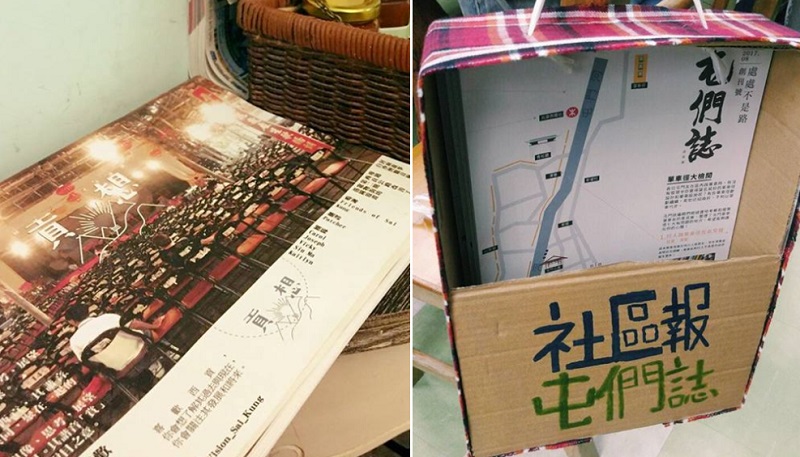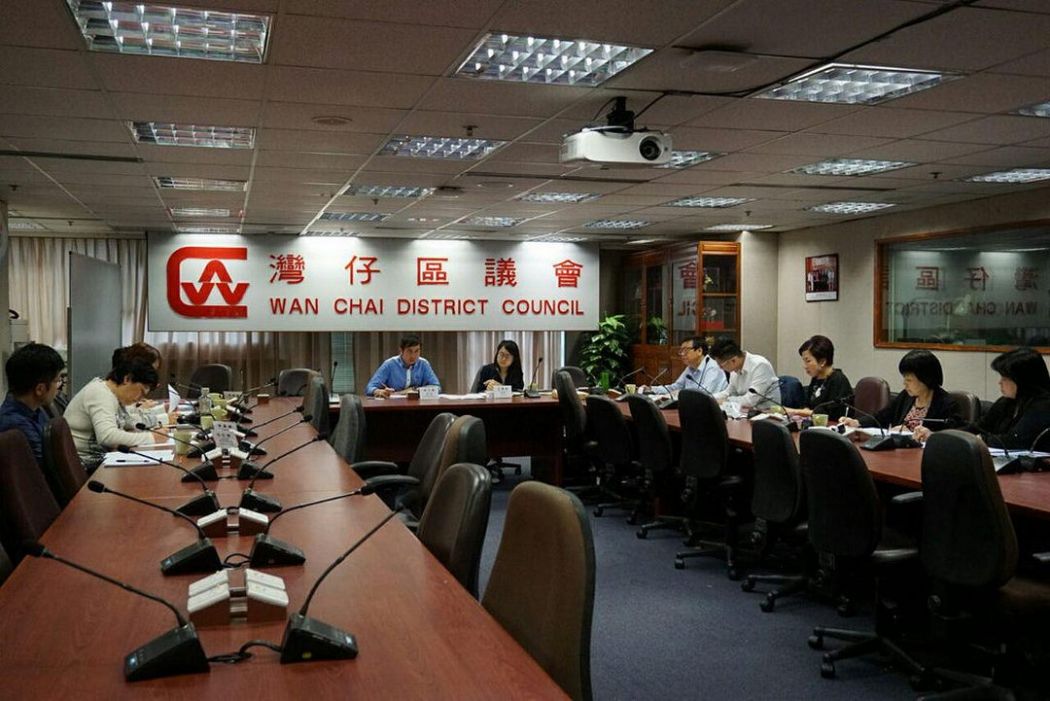Digital news website InMedia is planning to hire and train citizen journalists in various districts of Hong Kong to set up community-level news publications. It is part of the outlet’s effort to promote grassroots democracy.
The pioneering Chinese-language platform is aiming to fundraise HK$300,000 for its project by February. Enrollment of local residents will then begin, and the project will be piloted for a year.

Around HK$20,000 will be used to train journalists in reporting and investigations. Funds will also be used for the monthly print publication of one or two new community outlets.
Founded in 2004, InMedia has been sponsoring several small-scale independent community newspapers such as Vision Sai Kung, Tuen Mun Zine and the now-defunct Tai Wai Pao, granting each publication up to HK$10,000 a year.
2019 district elections?
“We should never underestimate the desire of local communities for local news and information,” said academic Leung Kai-chi – one of the organisers of the project – at a Thursday press conference.
Organiser and Wan Chai District Councillor Clarisse Yeung said that – for example – district councils sometimes consulted building owners’ corporations before making decisions to construct facilities. “Then locals find out about the decision suddenly, and ask: ‘why didn’t I hear about this earlier?’”

“Many local residents don’t have the opportunity to notice what [district councillors] do,” added Leung. “They think they’re just responsible for testing blood pressure and handing out free stuff.”
Organiser and democracy activist Alex Chow added that, after the 2014 pro-democracy Umbrella Movement, there were calls for activists to participate in grassroots, district-level politics in their own communities.
Chow said it would be timely for Hong Kong’s democracy movement to give a voice to community-level issues, given that fresh district council elections are scheduled for late 2019. However, he added that the outlets should stay faithful to professional principles, such as reporting the truth without bias for any particular political ideology.
“Right now, all of the 18 district councils are dominated by the pro-establishment camp. So if we dig up some information, it’ll likely be about them,” he said. “But if there is a district council dominated by the pro-democracy camp, we will look into it too.”

InMedia says that it aims for at least one or two of the publications it sponsors to become self-sustaining in the future through donations and advertisements.
Legislator Eddie Chu – one of the organisers – said that this is not an unrealistic goal, given that his previous community publication Pat Heung-Kam Tin District Post had a circulation of 8,000.
“Based on what I’ve seen, many local businesses, or people like piano teachers, require district-based media to advertise their services,” he added.
